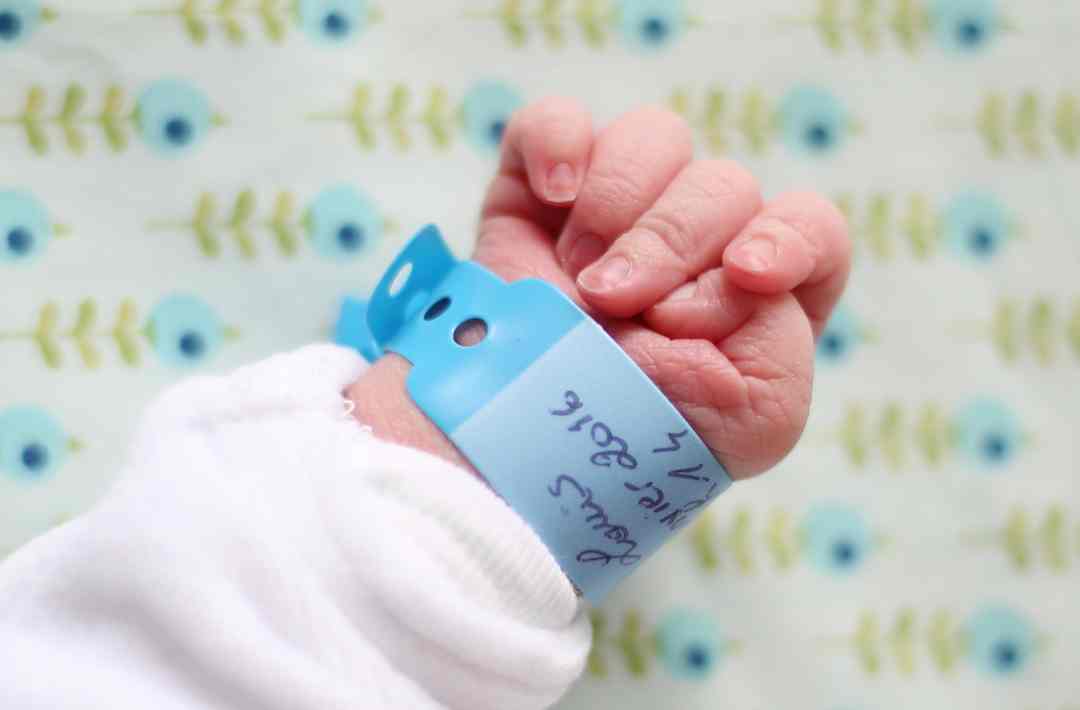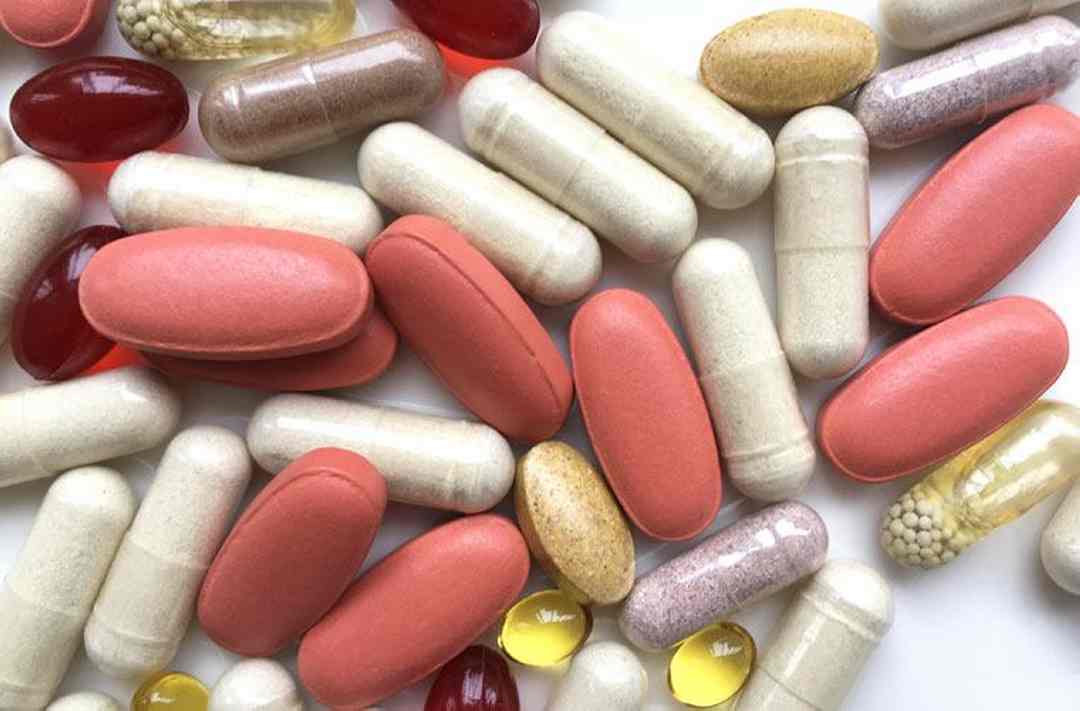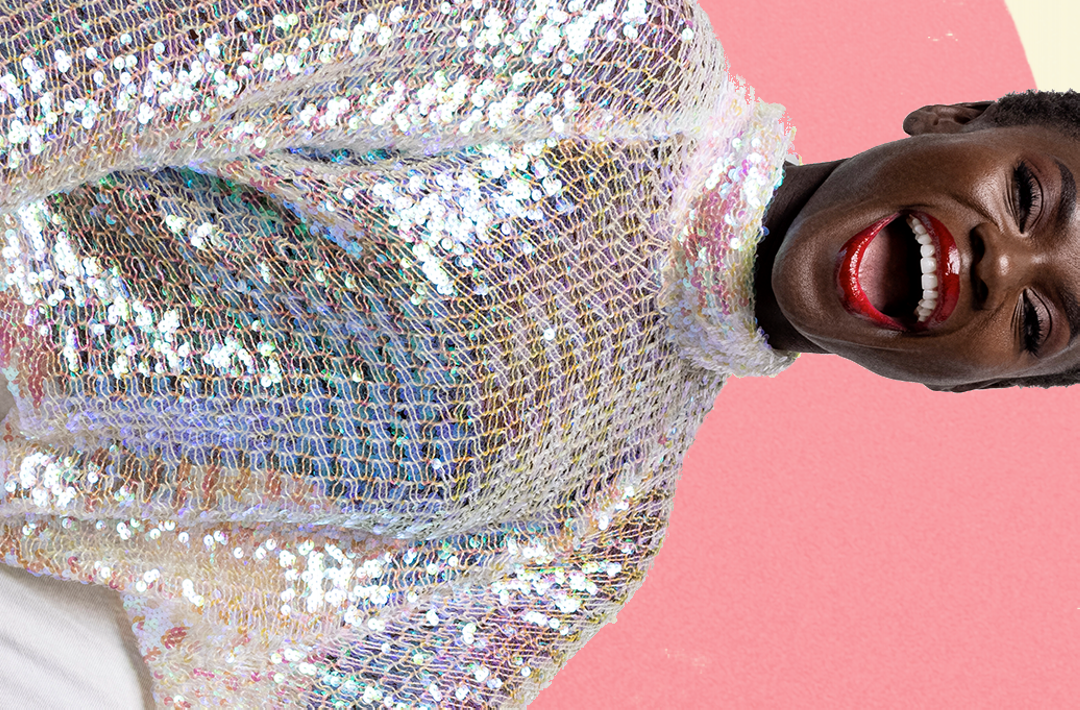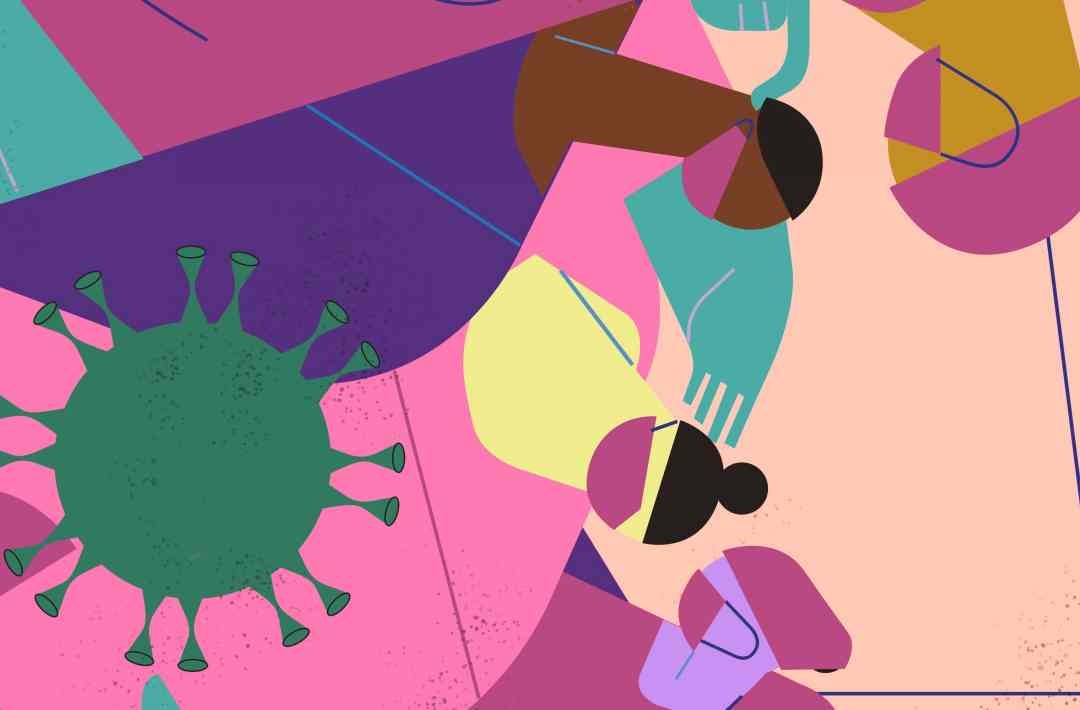

In our series What It’s Like, we chat with people from different backgrounds about how their life have changed as a result of the COVID-19 global pandemic. For our latest installment, we spoke to an ob-gyn who is routinely delivering babies at a hospital and also sees patients at a private practice. Here, she details what changes she has experienced, her feelings around this pandemic, and, of course, what it’s like to deliver babies right now. Her answers have been edited and condensed for clarity.
SELF: First of all, how are you doing?
Work is a little stressful. The office is much more controlled than the hospital. We know our patients. We know how to screen for them. All of that is much easier. Being on labor and delivery is different because that is very acute work. It’s very much hands-on. And the policies change often.
We are always thinking of another scenario where a potential PUI—person under investigation—can be on the floor and we missed a way to protect ourselves. (Editor’s note: A PUI is a person thought to have COVID-19 for some reason, like because they’ve developed characteristic symptoms, such as coughing.) For example, after a postpartum patient tested positive, everyone she came into contact with during her hospital stay became a person under investigation—the whole nursing shift, food staff, every doctor that rounded on her, and everyone that came into her room. And now her baby has to be apart from her for 14 days.
How has your day-to-day changed since the beginning of this pandemic?
I was in the office three days a week, from 8:30 a.m. to 4:30 p.m. Another day of the week, I’d be on call at the hospital from 7 a.m. to 7 p.m.
At the office, we were doing annual exams, seeing obstetric patients anywhere from eight weeks pregnant until they delivered, scheduling surgeries such as hysterectomies, managing irregular bleeding, treating STDs, doing preconception counseling, doing infertility workups, and seeing people postpartum. Now we are only seeing obstetric patients and emergency cases, so if someone has an ectopic pregnancy, for example. We just started doing telemedicine visits, so if people have questions or concerns and are not able to determine if it is an emergency, we try to manage it virtually.
We used to have several doctors in the office at one time all seeing patients. Now we have split up into two teams and each team comes in every other day. If someone on my team is exposed, it assumes that we are all exposed, and that takes us out, and then there is a whole other team that can see patients and keep everything running as opposed to shutting down the office. Also, our practice is applying for the Paycheck Protection Program loan because we are a small business. The loan helps you make payroll so you can pay your employees and remain employed.
Most Popular
- 5 Less Obvious Signs of Seasonal Depression You Should Definitely Pay Attention To
By Maggie O’Neill
- How Gross Is It to Wear New Clothes Without Washing Them First?
By Julia Ries
- Paxlovid Is Super Promising. Why Aren’t More People Getting It?
By Maggie O’Neill
As for the hospital, as things have gotten busier, we have gotten the opportunity to volunteer in other areas. I volunteered to do anesthesia and to intubate patients if necessary, but I haven’t done so yet.
At the beginning of this, did you ever think the practice would be applying for a loan?
No, not at all, but things have changed. Think of all the medical practices that aren’t going to be able to sustain themselves. People like your ophthalmologist, your dentist—things that don’t require immediate care. It’s still a business. I don’t want to sound greedy, because I didn’t get into this for the money, but it’s a private practice, so we still have to function—and we still want to be able to give care once this pandemic ends.
There have been stories about how health care professionals don’t have adequate supplies. Has that been your experience?
We have full gear now—a face shield, N95 mask, double gloves, goggles, and a gown—but we didn’t get all of it until April. We have to reuse our N95 masks. The face masks we used to use and throw away, we are reusing now as well. They also gave us this fanny pack that can hold supplies like our hand sanitizer.
What we wear depends on whether we are going into the operating room. That’s one big difference in doing our deliveries now: Wearing all of this equipment is not something we used to do. Ob-gyn is intimate, not inappropriately intimate, but it’s a lot of compassionate care. There are congratulations, or sometimes it can be very sad. It’s touchy-feely. We hug our patients. There is a lot of nonverbal communication. You show empathy and understanding, and that they are not alone, and with all of this stuff, you can’t do that. Also, the N95 masks are so hot and uncomfortable. It takes work to breathe.
Are you scared at all? Or have you found that you just have to push those feelings aside?
I am not scared at the hospital. The exposure that we have has to be done. I get scared when I go home. That’s when I think of my family members and friends. At work I don’t really even think about it. Though I do remember doing a delivery when all of this started, and the patient sneezed on me, and I was like, “We have a problem.” But that was before the patients had to wear masks when they were pushing. (Editor’s note: This is a practice at the hospital where this doctor is delivering babies, not a general rule for all hospitals in the United States.) As time goes on the recommendations have changed. As of last week, every pregnant woman is being rapid-tested for COVID-19 when she comes in for labor.
Is there anything you feel you are lacking to do your job well right now?
The one thing I think is lacking is enough information about COVID-19 and pregnancy. We don’t have any real data.
Most Popular
- 5 Less Obvious Signs of Seasonal Depression You Should Definitely Pay Attention To
By Maggie O’Neill
- How Gross Is It to Wear New Clothes Without Washing Them First?
By Julia Ries
- Paxlovid Is Super Promising. Why Aren’t More People Getting It?
By Maggie O’Neill
What steps do you take to stay safe when you leave the hospital?
I wash my hands. I wipe down my I.D. I use a glove when I get into my car, even though I know no one has touched my car. I wipe my steering wheel and console down. When I get home, I go into my garage and I take my scrubs, shield, everything off and put it into a bag and change into another set of clothes that I have in the garage. I take the bag upstairs but leave my shoes down in the garage. I wash my scrubs twice with a cycle on my machine called the “sanitize cycle” that washes clothes longer and at a hotter temperature. I shower while the clothes are washing. I feel like I have to shower all the time. Then I dry the clothes in the dryer, fold them up and put them back downstairs in the garage, and put them on the next day.
Has the pandemic made you rethink your role as an ob-gyn at all?
No. I’ve always wanted to take care of women and be an advocate for women’s health. I feel like that’s what God put me here to do. It’s a real privilege for people to put their faith in you, to be a part of one of the most important parts of their life. It’s a privilege for all doctors to take care of other people.
What advice would you give people right now?
Stay home. Wear a mask. Take the necessary precautions. If you don’t, know that you are putting vulnerable people in jeopardy.
Have you been able to find any bright spots amid the COVID-19 pandemic?
There are tons of bright spots. At the office, every day we’ve had somebody—patients and friends—bring us food. One of my patients made us chocolate chip cookies the other day. Another one of my friends sent us lunch.
Does that make you feel loved?
It does. It makes us feel appreciated.
















